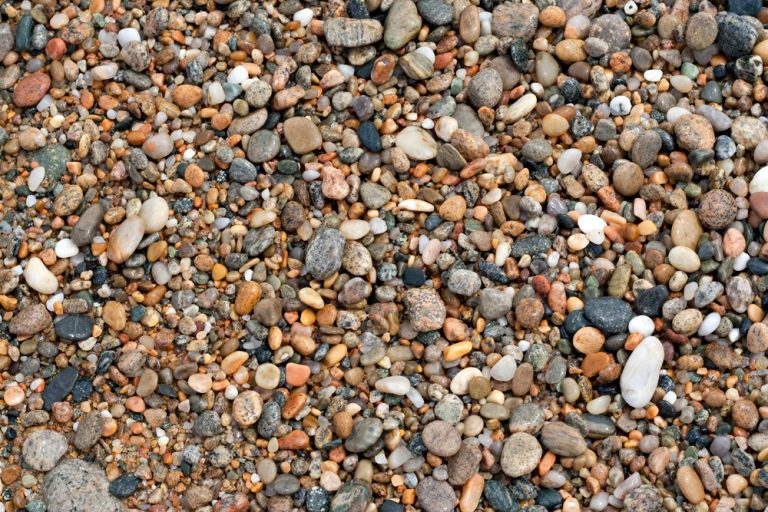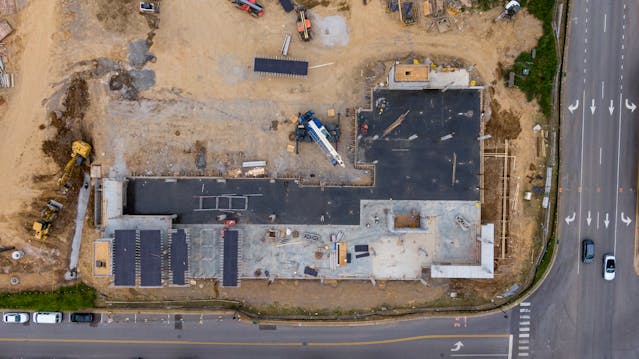
 Everybody who has a dryer or central climate control in their home also has ducts. A duct is a tube that allows air to flow from one place to the next. They are essential to ventilation and the proper functioning of your heating and cooling system. Unfortunately, it is often the case that homeowners don’t know the basics of proper duct maintenance.
Everybody who has a dryer or central climate control in their home also has ducts. A duct is a tube that allows air to flow from one place to the next. They are essential to ventilation and the proper functioning of your heating and cooling system. Unfortunately, it is often the case that homeowners don’t know the basics of proper duct maintenance.
For example, do clean your air ducts once every three years. This will help maximize your heating and cooling systems’ efficiency, both increasing your savings and protecting you from the potential harms of not cleaning your ducts. Perhaps every three years seems too frequent to you, and while it is better to clean ducts more often, you can wait up to five years.
Don’t wait too long though, because the constant recirculation of air carrying various pollutants will accumulate in your ventilation system. Allergens like dander can be in each breath of air you take, so for your safety please be aware of the last time you had your ducts cleaned. The Asthma and Allergy Foundation of America has found that dust mites have a daily presence in four out of five homes. Considering that, having your air ducts cleaned is a good preventative measure.
Another important safety concern that you may be aware of is dryer lint accumulation. Do remember to clean out your lint trays. Failure to do so may result in a fire. In fact, data from the U.S. Fire Administration tells us that fires caused by dryers occur nearly 3,000 times per year in a residential setting. This further demonstrates just how important proper ventilation and ducting maintenance can be. Don’t stop at the lint tray though, because up to 75% of lint gets stuck in the dryer vent. Cleaning your dryer vent is a simple and easy way to have some extra peace of mind.
Taking sole responsibility for cleaning your ventilation system can be quite stressful. That’s why there are professionals who provide a duct cleaning service for you. The important takeaway though is how proper maintenance can safeguard you and your family from fires, frightful financial obligations in the form of high heating or cooling bills, or accidentally inhaling harmful pollutants stuck in your ducts.


